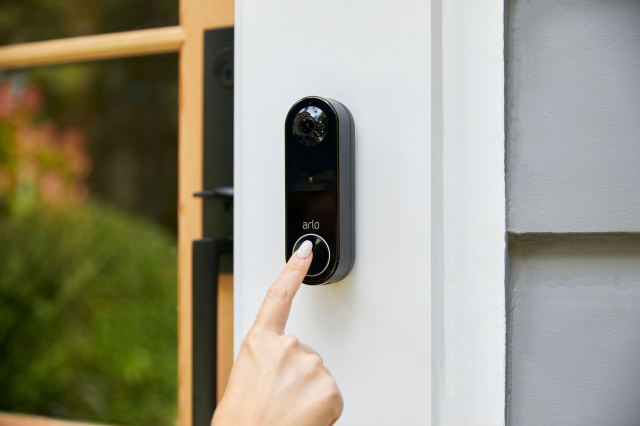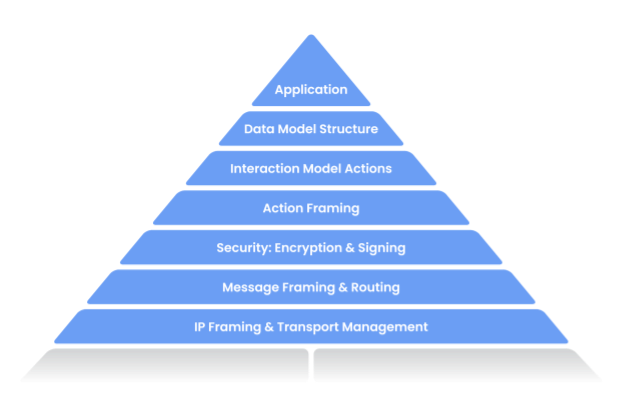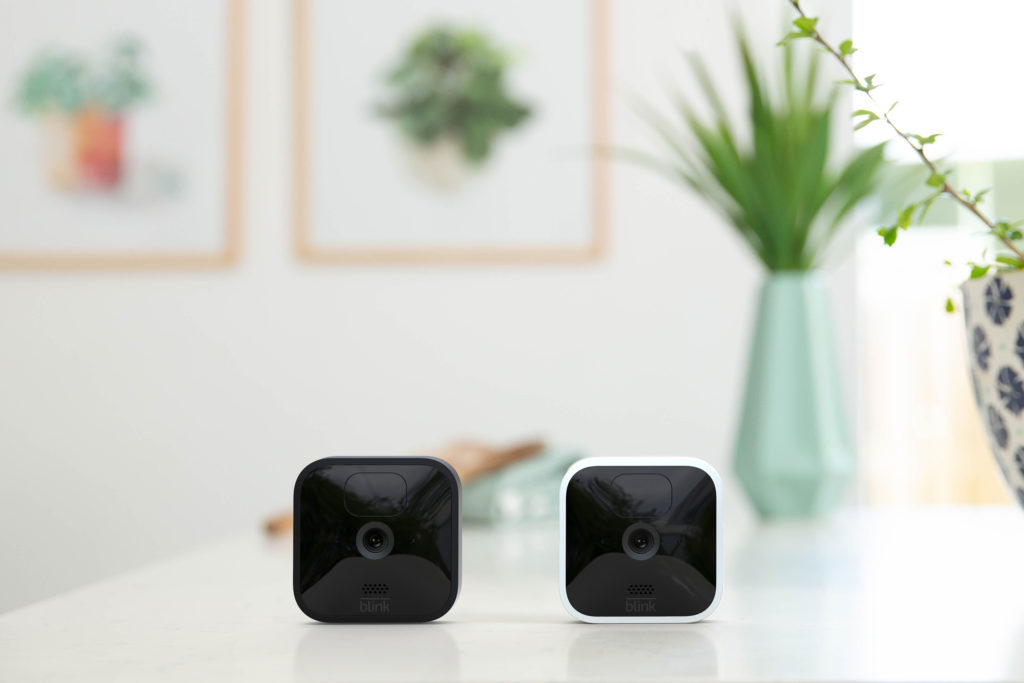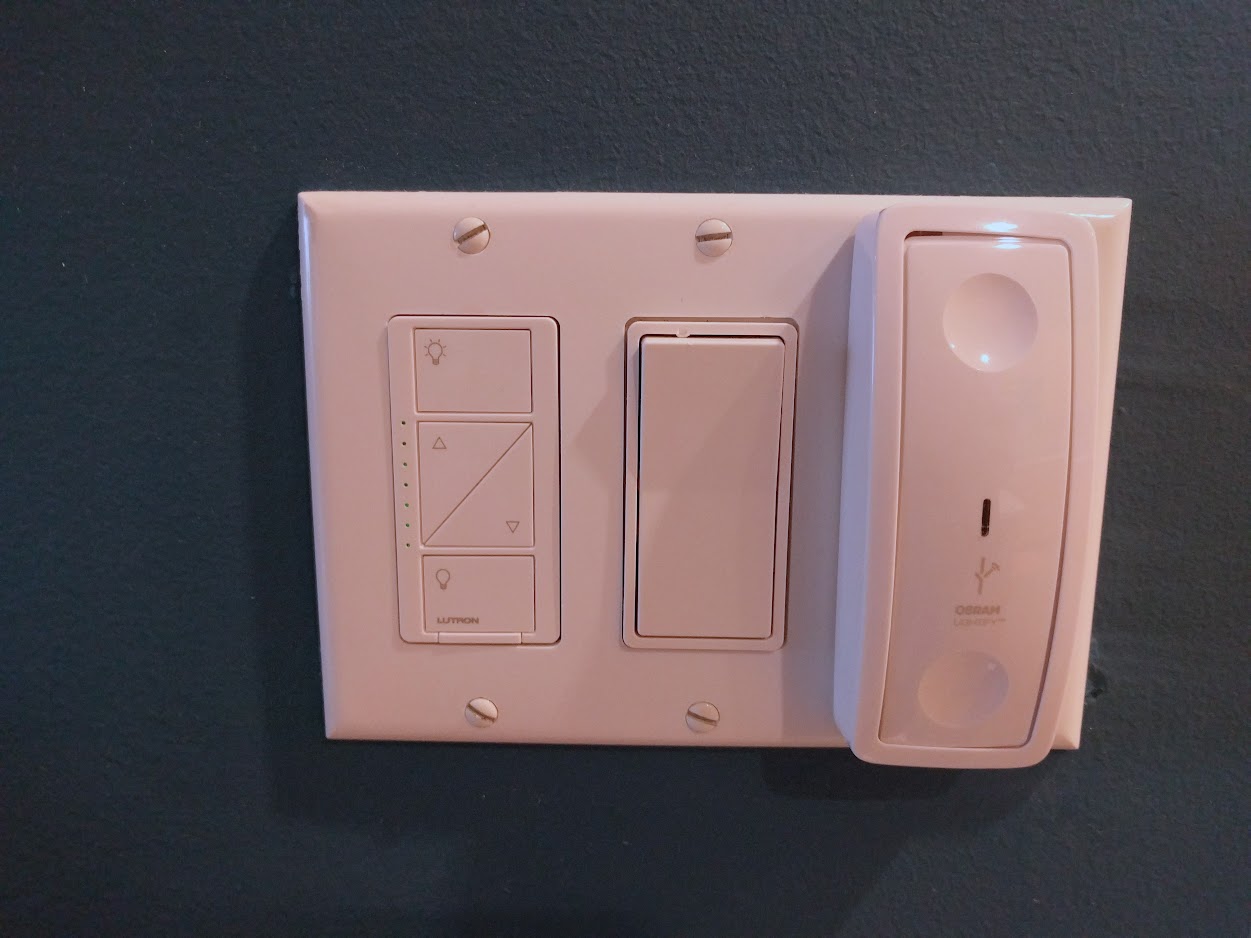This week’s podcast covers our thinking on Amazon’s new Sidewalk network, but not the devices the retailer launched on Thursday. As part of the network conversation, we also discussed LoRaWAN network operator Senet’s new $16 million in funding before detailing three upcoming products from Wyze. We then talked about sharing Alexa routines, Google’s new mystery product, Intel’s new edge chips, a new automation hub that controls IR-based devices, Microsoft’s foray into satellite networks, and Mozilla spinning out WebThings. Kevin now has the new contact tracing app in his state and he also reviews the Nuheara IQ Buds2 Max hearables. We conclude by revisiting a question from two weeks back when we gave the wrong answer. We got it right this time.
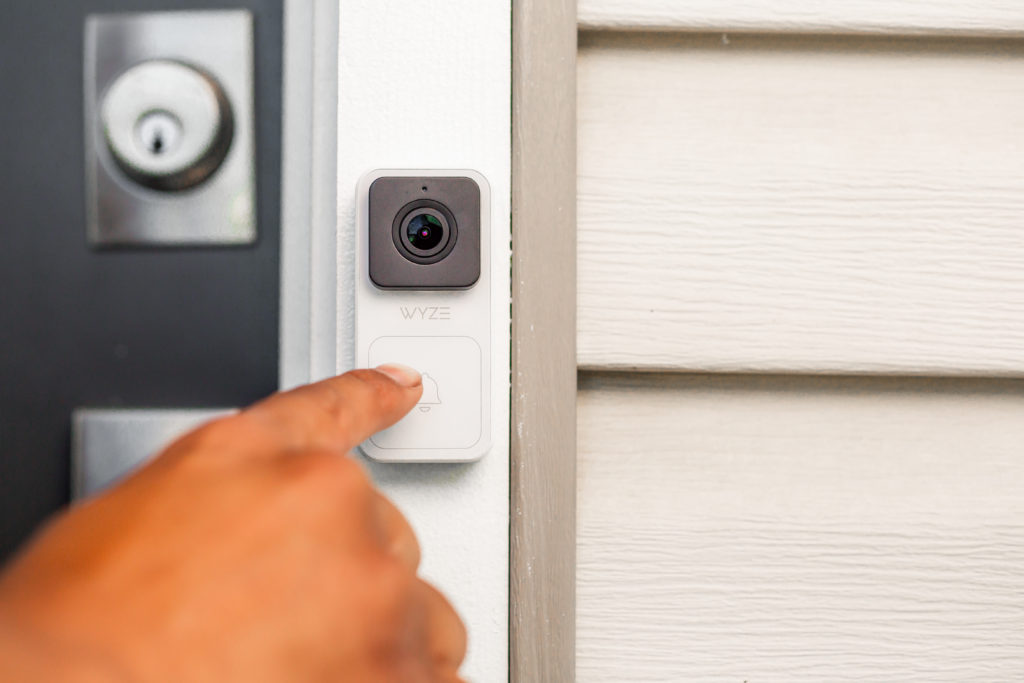
Our guest this week is Andy Boyd, a product manager who handles the business side of 3M’s Filtrete brand. He came on the show to talk about wildfires, a little COVID, and mostly about 3M’s plans to make indoor air quality better using the IoT, by combining its materials expertise with connected devices and other platforms. Boyd talks about the lessons learned building a Bluetooth-based connected air filter, an upcoming Filtrete air purifier, and plans for a smart plug that will let customers link their older air purifiers to the Filtrete ecosystem. I really love Boyd’s approach to the smart home. 3M clearly knows what it has to offer and is willing to work with others or take on all the elements needed to deliver good indoor air quality.
Hosts: Stacey Higginbotham and Kevin Tofel
Guest: Andy Boyd, 3M
Sponsors: Perceive and Ayla Networks
- Why Amazon decided it needed to build an IoT network
- Intel’s edge chips are really designed for industrial use cases
- Alternatives to WebThings now that Mozilla is spinning it out
- How to clean indoor air, even during wildfire season
- Why 3M wants to work with everyone when it comes to better air quality
